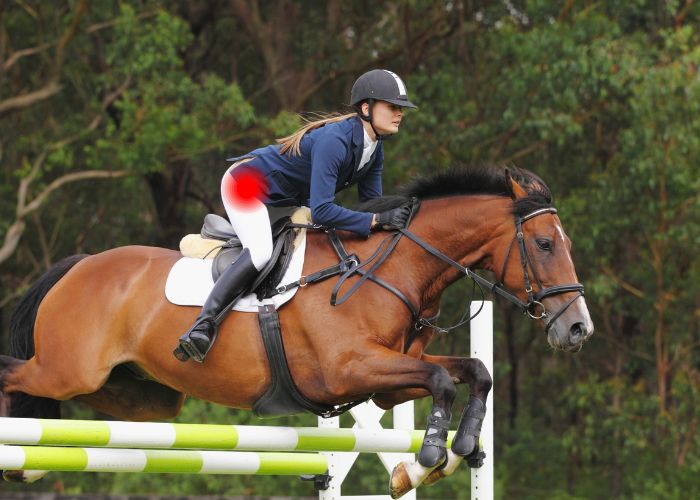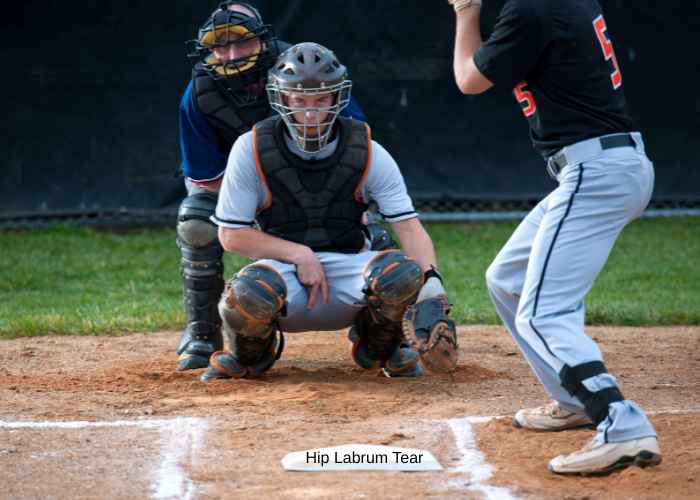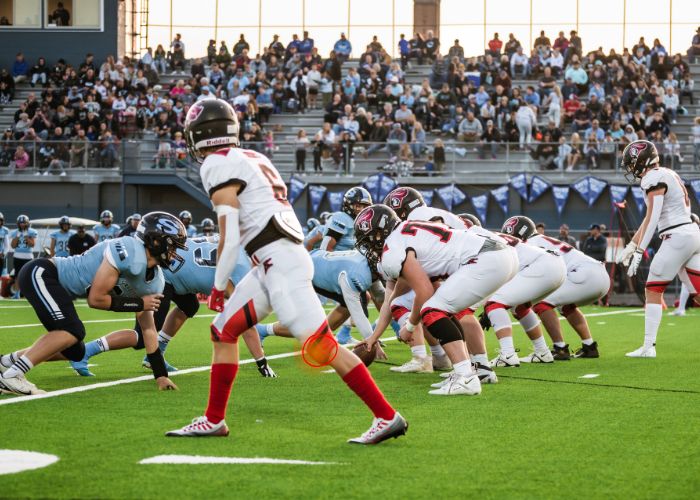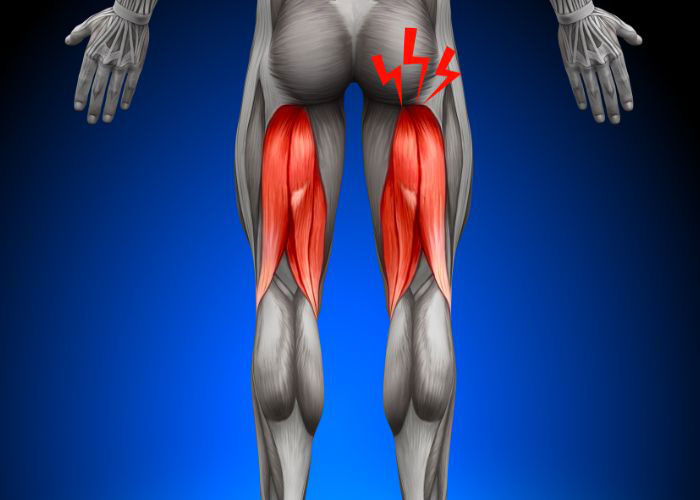PCL Reconstruction Surgeon

Are you an athlete who participates in contact sports? If so, you may be at risk of sustaining a PCL injury. PCL injuries are not as common as ACL injuries, but when they occur, patients can experience severe instability and loss of proper knee function. PCL surgeon, Dr. Ronak Mukesh Patel, provides diagnosis and both surgical and nonsurgical treatment options for patients in Sugar Land, Pearland, and the Houston, Texas area who have torn their PCL. Contact Dr. Patel’s team today!
What is a PCL or posterior cruciate ligament tear?
The PCL, also known as the posterior cruciate ligament, is one of several ligaments inside the knee that work to connect the top of the shinbone (tibia) to the bottom of thighbone (femur). The PCL creates an “X” with the better-known ACL (anterior cruciate ligament) and together they stabilize the knee by controlling the front and back motion. Due to its strength and location toward the back of the knee, it requires a powerful force to cause injury. Frequently, posterior cruciate ligament tears occur in conjunction with other ligament tears. Injuries can occur by falling or hitting a bent knee, bending the knee too far backward, landing incorrectly after a jump, or severe twisting. A tear can fall into one of four categories:
- Grade I – The PCL is partially torn
- Grade II – The PCL is partially torn and feels looser than Grade I
- Grade III – The PCL is fully ruptured and the knee is unstable
What is PCL Reconstruction?
In the rare event that only the posterior cruciate ligament is injured, non-surgical treatment such as crutches, NSAID pain relievers, and physical therapy may alleviate symptoms. However, if a there is a complete rupture of the PCL, continued instability with a brace, or if more than one ligament is injured, PCL reconstruction may be required. During PCL reconstruction surgery, a new ligament is rebuilt by using a tissue graft. This tissue can by harvested from another part of the patient’s body (called an autograft)) or from a donor or tissue bank (called an allograft). New tissue will develop around this graft, healing the PCL. Dr. Ronak Mukesh Patel, orthopedic knee doctor, treats patients in Sugar Land, Pearland, and the Houston, Texas area, who have suffered a PCL tear and need expert PCL reconstruction.
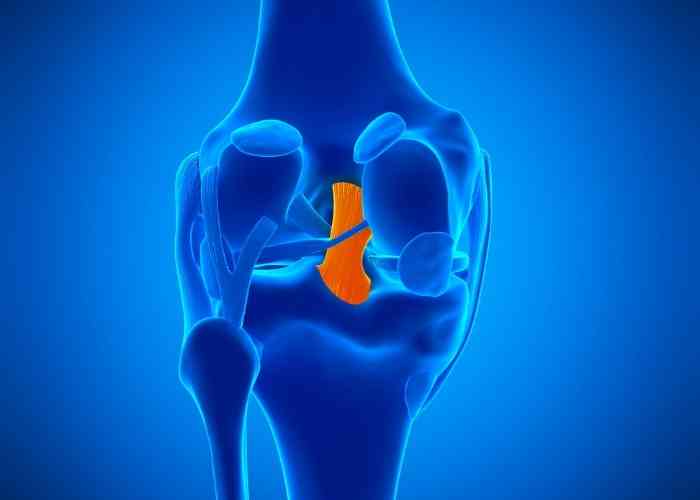
How is PCL (posterior cruciate ligament) reconstruction done?
For those in the Sugar Land, Pearland, and Houston, Texas area, an arthroscopic PCL reconstruction is available. During the procedure Dr. Patel will insert a camera (arthroscope) and specialized surgical tools through small incisions in the knee. First, any damaged tissue is removed from the knee. When the area is clean, the new tissue is inserted through a tunnel that is made at the top of the tibia by Dr. Patel. This will be anchored to the bottom of the femur using both surgical anchors and screws for additional stability. Ligaments are then evaluated for security and range of motion.
What is the recovery like after PCL reconstruction surgery?
Recovery time can vary based on many factors such as age, activity level, and severity of your injury. Those under the care of Dr. Patel in the Sugar Land, Pearland, and Houston, TX area, can expect to return to sports activities in 9-12 months. Patients should also expect the following post-surgery protocol to protect the post cruciate ligament and aid in its healing:
- Pain and swelling are common after PCL reconstruction. This can be managed using the R.I.C.E. method of rest, ice, compression, and elevation. Prescription or NSAID pain relievers can also be used.
- A bendable knee brace and crutches will be used. Gentle knee bending and modified weight bearing can be expected for the first 4-6 weeks. Dr. Patel will determine when crutches can be weaned.
- A physical therapy program will begin immediately after surgery with an early range of motion program. Patients who have undergone PCL reconstruction will work closely with a physical therapy team. The duration of physical therapy will depend on the severity of the injury, but most can expect 3-5 months of therapy with a full PCL recovery in 6-12 months.
